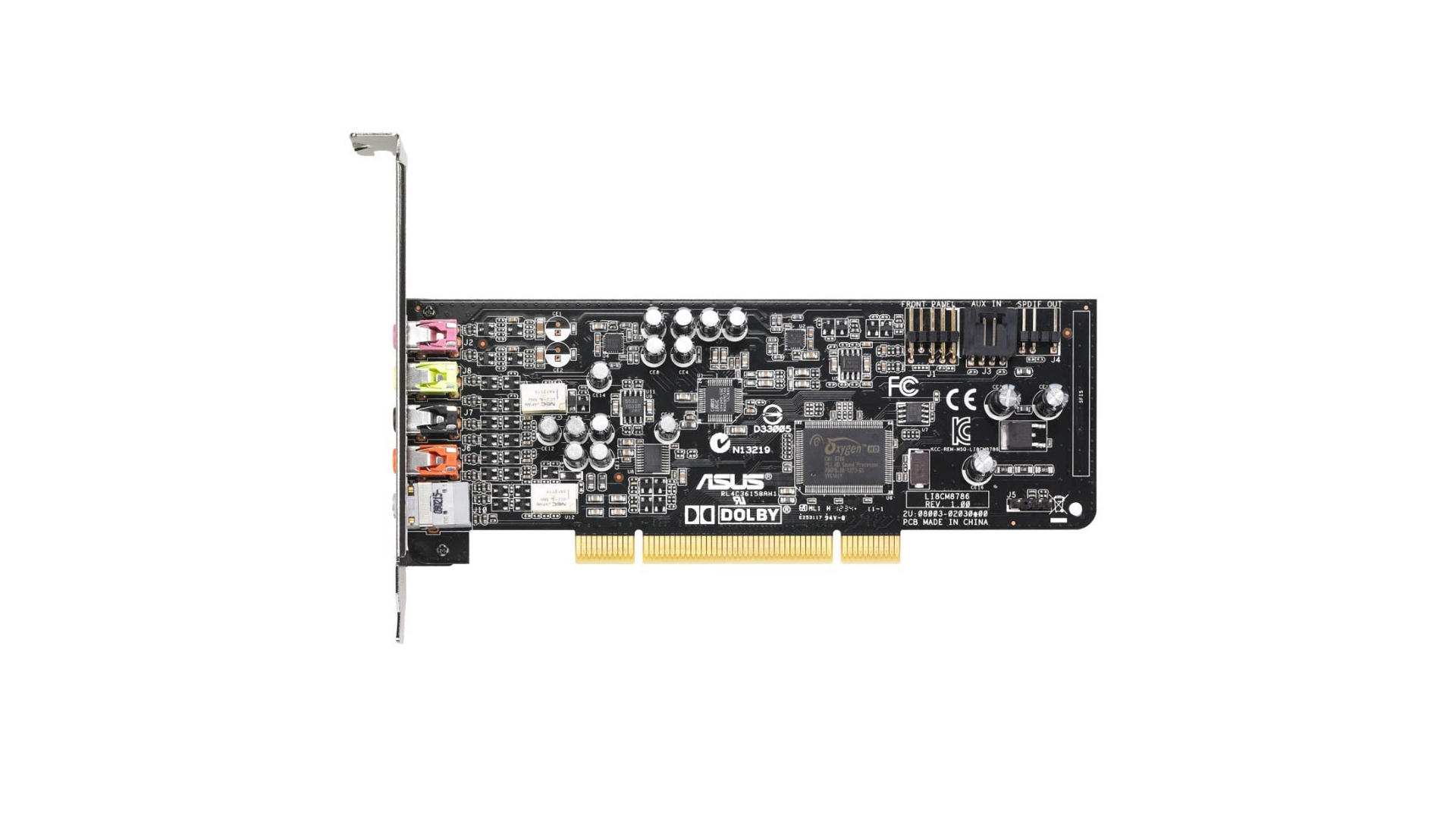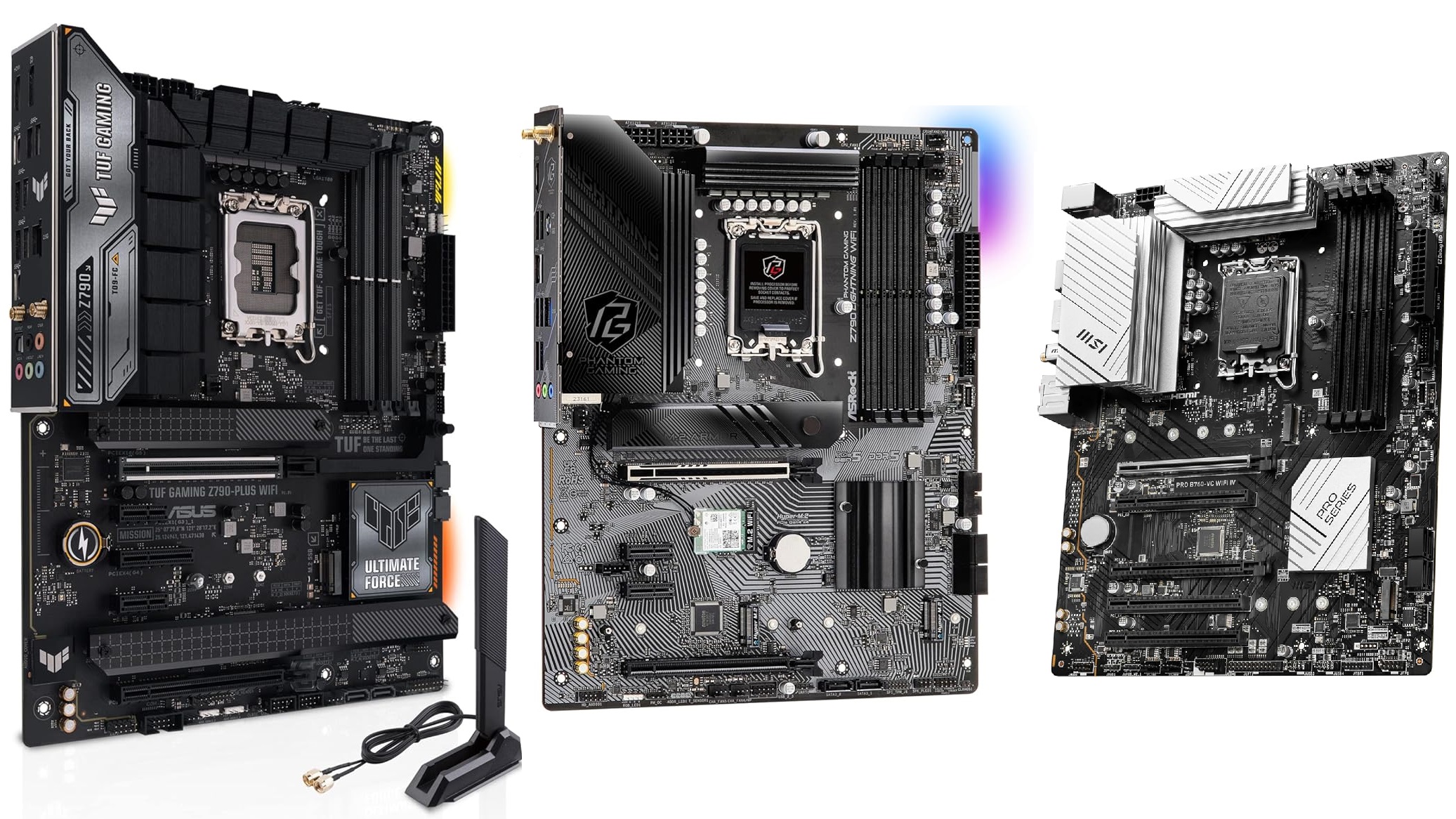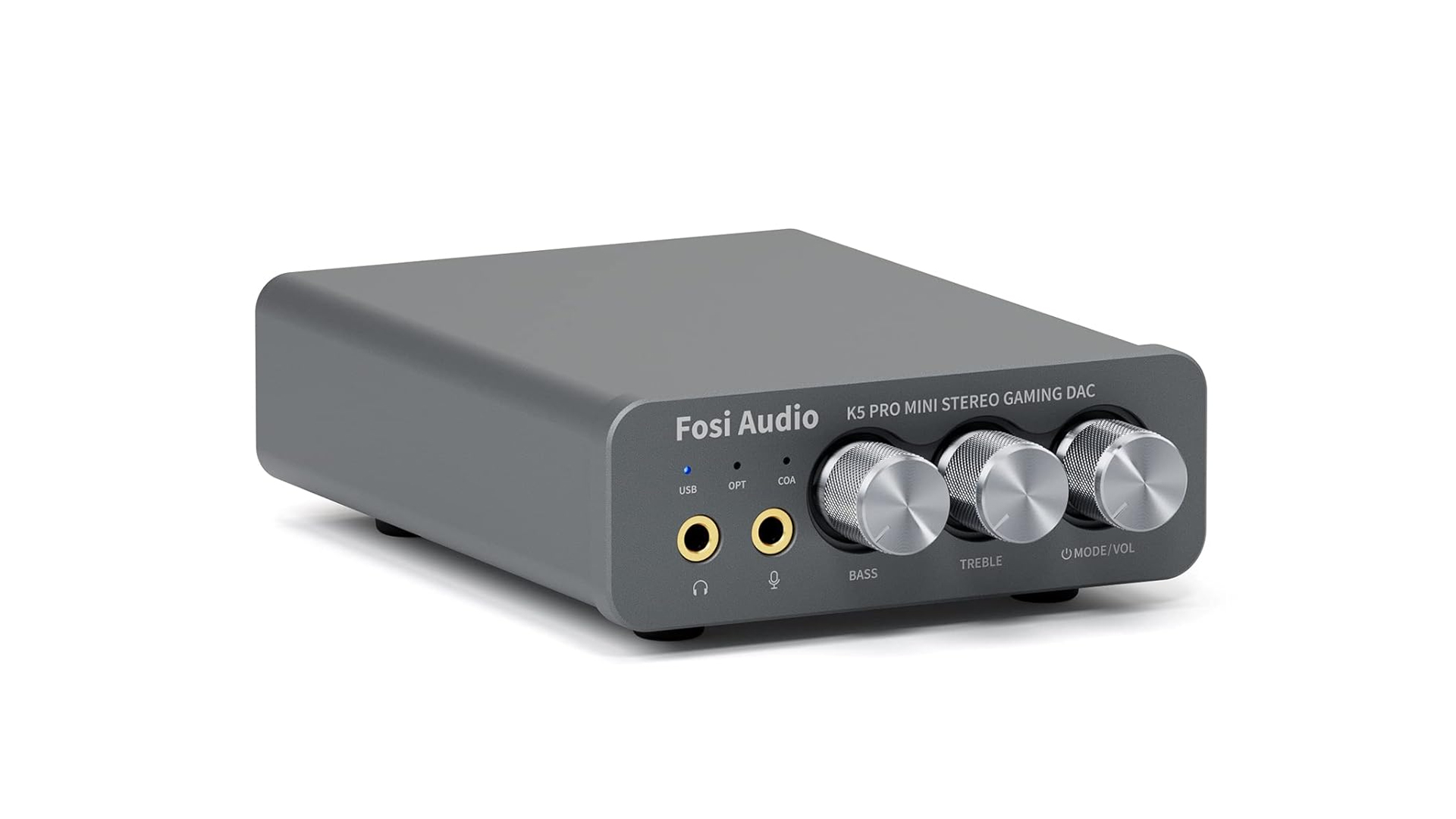Do you really need a dedicated sound card for gaming in 2025? Discover why onboard audio suffices for most, but audiophiles still crave more.

Once upon a time, you needed a dedicated sound card to at least hear what was going on in your games. However, as time passed, motherboards and on-board audio solutions have undergone drastic evolution. With optical ports, high dynamic range converters, high-quality amps, and even dedicated circuitry within the PCB, do you need a dedicated sound card for gaming now? The short answer is no, if you are just a general user who needs to hear about things, but it goes without saying how these past experiences helped gamers create a mesmerizing experience. The answer is different if you care for your audio and have a deep understanding of correlation and what a particular sound should sound like.
Adieu to the Sound Card, the Once-Essential Component for Gaming

Sound cards were once the kings of PC gaming. In the late 1980s and 1990s, cards like the Adlib and Creative’s Sound Blaster series revolutionized immersive gaming, enabling the transformation of simple beeps and boops into stereo tracks.
What’s meant here is that game developers had a minimal playing field in representing audio. For example, if you still manage to play games like Dangerous Dave, you will notice how the character movements represent these beeps and boops. As technology advanced, it gave rise to sound cards, which led game developers and sound engineers to collaborate and plan out how ambiance, music, and sound effects could be integrated and fine-tuned within the game. All of these wouldn’t have been made possible if there were no sound cards. If you didn’t have a sound card, you could play the game, but you would hear nothing.
This scenario began to shift in the late 1990s, when motherboard manufacturers started integrating audio chips directly onto boards. One notable example was SoundMAX Cadenza—still a personal favorite of many enthusiasts—as it offered features far ahead of its time, including digital effects and surprisingly high fidelity for an onboard solution.
Modern Onboard Audio: Good Enough for Most
The trend set by SoundMax Cadenza didn’t last very far. Honestly, today’s modern Realtek audio, although it may be suitable for many, doesn’t quite cut it in practical terms. Most motherboards slap on a generic ALC 897 or ALC 1200 chip with poor shielding, weak amps, and zero personality. There is no character in the audio. There’s hiss and distortion at higher volumes, and no proper drive for big headphones. Gone are the days when motherboard audio represented a warm character in sound. Today’s Realtek is functional at best, forgettable at worst. Yes, some high-end boards include decent amplifiers and converters, but they come at a considerable cost. You’re better off pairing a budget board with a good external DAC or sound card for vastly superior results.
When You Might Still Want Dedicated Audio

Suppose the motherboard audio doesn’t suit your needs for the reasons above, which is likely if you are an Audiophile with a great understanding of audio concepts. You will be better off with a DAC (Digital-to-Analog converter), which offers incredible SNR (signal-to-noise ratio) and advanced audio processing capabilities, also possessing a unique character that varies by choice of brand.
Sound cards and audio interfaces also offer similar functionality, but they provide more extensive connectivity, matrix routing, and advanced audio use cases. However, for anyone who requires fidelity and depth, shutting off the motherboard audio, regardless of its cost, is mandatory. No matter how good a motherboard’s audio gets, it will be nowhere near as good as a dedicated DAC or a high-quality sound card/audio Interface.
Final Thoughts
For most gamers who just want to hear what’s going on, a dedicated sound card is unnecessary. Your money’s better spent on that mighty 5090—or a faster SSD. But if you’re an audiophile, you already know precisely why you’re here.
We provide the latest news and “How To’s” for Tech content. Meanwhile, you can check out the following articles related to PC GPUs, CPU and GPU comparisons, mobile phones, and more:
- 5 Best Air Coolers for CPUs in 2025
- ASUS TUF Gaming F16 Release Date, Specifications, Price, and More
- iPhone 16e vs iPhone SE (3rd Gen): Which One To Buy in 2025?
- Powerbeats Pro 2 vs AirPods Pro 2: Which One To Get in 2025
- RTX 5070 Ti vs. RTX 4070 Super: Specs, Price and More Compared
- Windows 11: How To Disable Lock Screen Widgets
 Reddit
Reddit
 Email
Email


